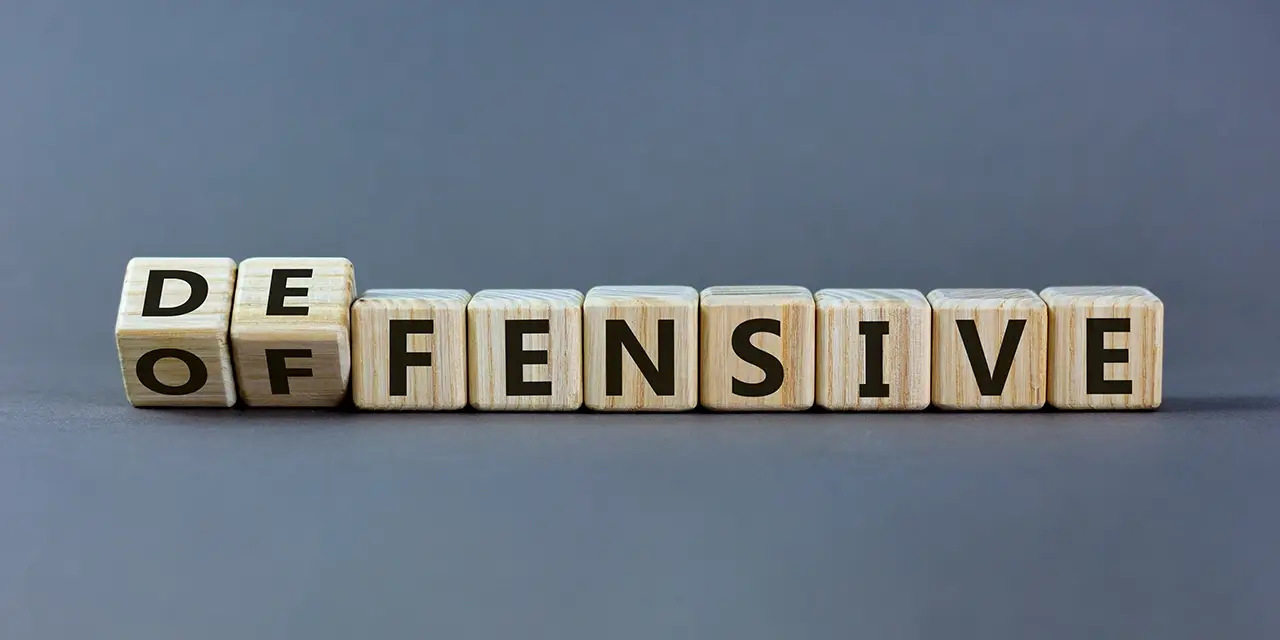By Caroline Grimont
All my friends know, I am not a very big entertainment news reader. As a result, I’m often woefully behind on many of the latest trends. Who or what is a ‘Labubu’? At this point, I’m almost too afraid to ask. My friends think this is both hilarious, and something that needs to be fixed, and so they often send me links to things about which they think I should know. One of these was a recent Reddit thread titled, ‘Things You Wish You Knew/Did Differently When You Started Investing?’
The gist of the topic posed by the original poster (OP, in Reddit terms) was that they were an 18 year old interested in getting into investing, who had created an investment account, and planned on watching some YouTube videos and/or taking a course to learn about what to do. The OP wanted to invest with two main goals – retirement and buying a house – and was seeking advice and tips for complete beginners.
My friend who sent me the link said that this column had some tips, and asked what I thought about it. So I decided to look at the Reddit hivemind, and see what it said, and honestly, I found myself agreeing with a lot of it. I disagreed with some too. Here’s some of the general advice the post received, that I really liked:
Tip #1 Simplicity
KISS… Keep it simple stupid. Just buy broad based broad-based ETFs based on risk tolerance
– twotwo4
Tip #2 Start. Even if it’s Small.
To contribute every pay check no matter amount , time will be your best ally.
Spending less, investing more. That’s it. If you can spend less, invest more and stick with index ETFs you will come out ahead. With the dividends reinvested back into the portfolio and regular contributions you will be laughing. Keys are patience, diligence and commitment.
Tip #3 Time in the Market is Greater than Timing the Market
Time and compounding is your friend.
Start earlier, even if it means buying mutual funds and paying an MER. Lost out on lots of growth because I disliked advisors.
Tip #4 Know Your Risk Profile
Also, It’s too easy to be a risk taker when the markets are climbing and it’s too easy to be risk adverse when the markets are falling. So you can’t start to get a true read on your risk tolerance until your investments have gone through at least one correction. The OP may wish they were in a position to start investing 6 years ago because the 2020’s so far have been a master class on risk tolerance.
Tip #5 Budget!
Wish I’d started earlier and also budgeted more actively.
Tip #6 Goals!
The first and most important thing is to know why you are investing. You need to set goals and time horizons – short, medium, and/or long term goals.
Tip #7 Focus on Total Return
(purchase price – current value) + (distributions * tax estimate)
My Take: A Good Starting Point
I love all the tips and general advice I listed above. In fact, I’ve written about most of it. When I was 18, and didn’t know much about investing, I ended up busting most of my earnings on random things, and when I did invest, I usually just bought whatever the people in my life told me to buy. 2025 is a very different time. We have cheaper, easily accessible index funds, and for a first time investor who is still learning the ropes, these are the best products.
However, some of the other responses involve complicated products, guidance on stock picking, and tips on timing the market. Of course, individuals should always do what is best for their own unique circumstances, and there is no one-size-fits-all magic solution. But in my humble opinion, people should avoid things they don’t fully understand – whether they are complicated products, or unknown penny stocks, or guaranteed returns (they don’t exist.) It is next to impossible for new investors – and if we’re being honest, most seasoned investors too – to know the exact right time to sell, buy, or hold a stock. The conventional wisdom is “Buy Low/Sell High” but how is a new investor to know what exactly is low, and what exactly is high?
For this reason, I think the majority of Redditors had it right – for the circumstances the OP laid out, as a brand new, first time investor with little market knowledge, it does make sense to stick to a low cost index fund. But I also think that as this OP matures as an investor, and gains more knowledge, time in the market, and a better understanding of their risk appetite, this could change.
What Happens Next?
As an investor myself, I admit some envy when I look at the OP’s message. I wish I were that aware of myself at the age of 18, enough to open an investment account, and seek broader advice. My own journey into investing came a few years after I hit that age, but not before I made a few foolish money decisions along the way. Much like the Redditors recommended, I too started with simple products that broadly captured the overall market.
But as time went on, that wasn’t enough for me. I gained more knowledge about how the market works, and became more confident in my investing style. I understood my risk profile, my financial goals, and my timelines for achieving them. At that point, I realized that I needed a mix of investments – my core holdings that formed the base of my portfolio, and then a series of calculated investments designed to help my portfolio grow, flourish, and provide a steady stream of income.
For me, these investments usually involved giant, well-established companies, with competitive advantages to protect their existing business, and a clear pipeline of new opportunities to aid future growth. I’m talking about giants like Eli Lilly, Amazon, Microsoft, Google, and Apple.
With the Harvest range of high income single stock ETFs, investors can get access to these companies – alongside income from covered calls. And now, for investors who want to invest locally, in Canadian giants like Shopify, RBC, Telus, Enbridge, and others, they can do so with our new range of high interest Canadian single stock ETFs. These ETFs use modest leverage creating higher return volatility (risk) to upside and downside. So, it important that you understand the risk that you getting into. Always remember the higher returns come with higher risk.
Elbows up!
Disclaimer
The content in this article should not be construed as investment advice. Please read the relevant prospectus before investing. Commissions, management fees and expenses all may be associated with investing in Harvest Exchange Traded Funds or Harvest High Income Shares ETFs, managed by Harvest Portfolios Group Inc. (the “Funds” or a “Fund”). The Funds are not guaranteed, their values change frequently, and past performance may not be repeated. Tax investment and all other decisions should be made with guidance from a qualified professional.











